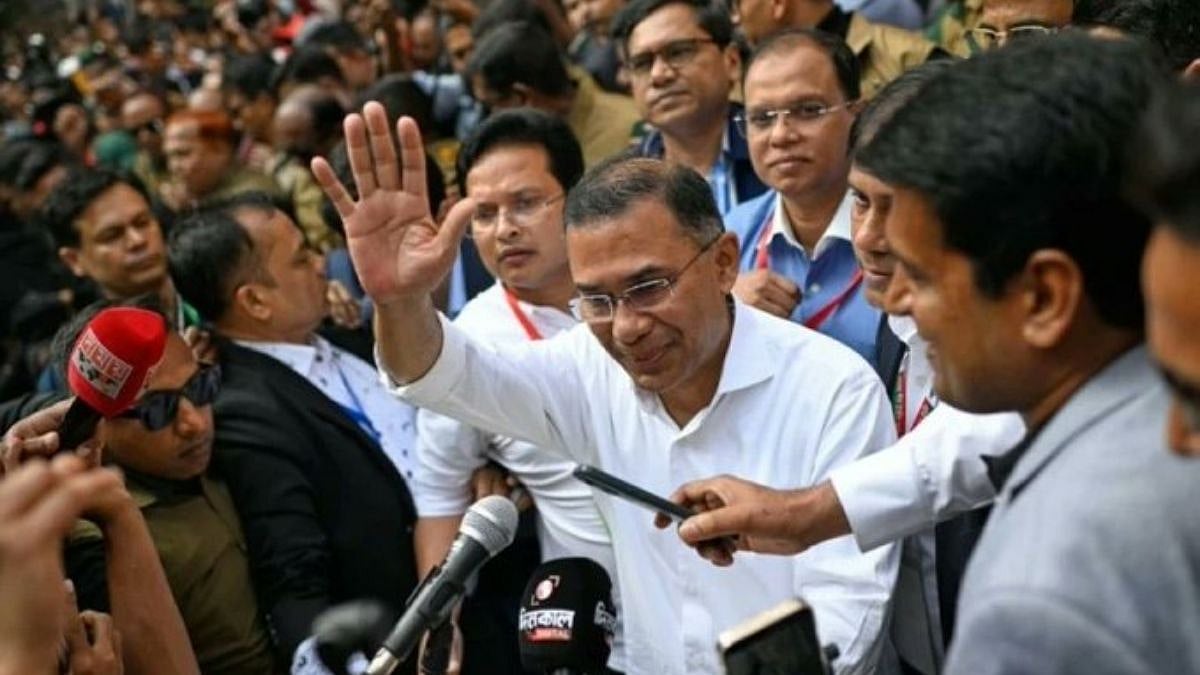Watching politicians behave like confused toddlers in a kindergarten playground is becoming more common. To the casual observer, it may seem like our office bearers have finally regressed into their pre-adolescent mental state, when they embark on a tit-for-tat raising of tariffs and banning essential goods between nations. But a more careful analysis of the factors at play may cause one to sit back and appreciate the complex nature of the problem. Most issues seem relatively straightforward at an initial glance. Only by going through all the causes and effects on different constituents in our global village can one begin to understand the motives and possible outcomes expected by the players involved.
Globally nations are deviating from commonly accepted economic principles of free flow of commodities and services between countries and unrestricted global trade between consumers and producers. Let’s understand the different forces at play that are causing these actions.
The social impacts
Consumers directly feel the primary impact of a ban on wheat exports. Countries like Egypt and Syria depend heavily on wheat exports from Ukraine to feed their population. When governments start banning the export of this essential grain, people go hungry. No one wants a famine in any part of the world, be it North Africa or South America. Therefore, the actual human cost of hunger and possible starvation is the most significant social impact that governments must consider when making such decisions. The other constituent that gets hurt is the producer – i.e., farmers. They cannot benefit from the higher prices offered by nations needing their staple food. This means they cannot earn better returns and provide their families with a better standard of living. In countries like India, where a large part of the farming population is poor, the deprivation of incremental income has far-reaching consequences – from children not being sent to schools to elders not getting medical attention and care.
The economic impacts
While the aforementioned social impacts seem complicated, the economic ones are pretty straightforward. When wheat export is banned, it reduces the domestic price of the good by increasing the supply in the local market. This helps reduce inflation at a macroeconomic level, but more importantly, it acts as a transfer of wealth from producers/farmers (who get a lower yield on their crop) to urban consumers (who have to pay less). It’s a zero-sum game where the loss to the farmer is a gain to the urban consumer. And obviously, the external impact of a ban is that the international price of wheat goes even higher as there is a lower supply in the global market (which increases the pain for importing countries even more). So, while politicians don’t care about voters in other countries, one needs to ask why they are willing to upset the wheat producing farmers at the expense of the urban dweller.
In our final piece, we will share our thoughts on the considerations undertaken by governments and how they balance all the above forces to decide the most beneficial course of action for them.










